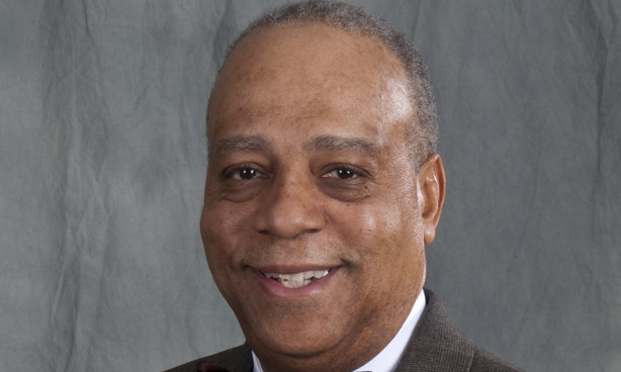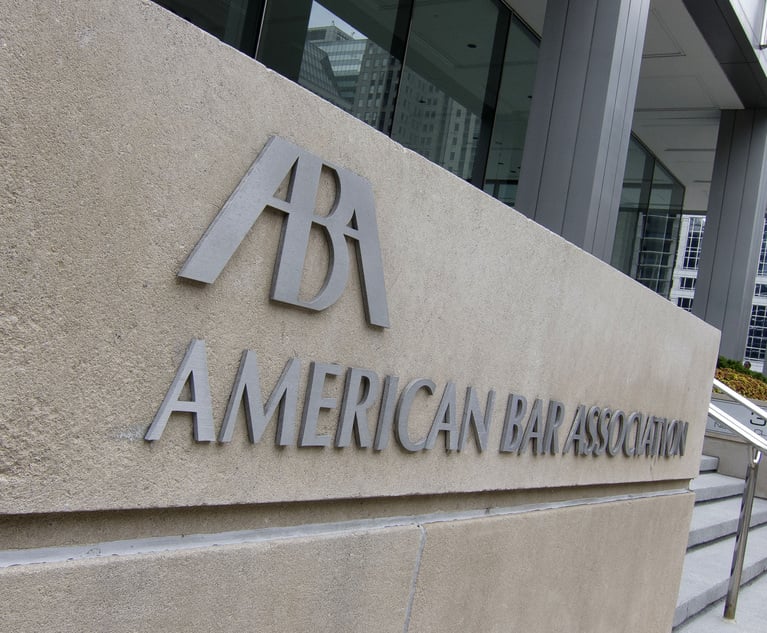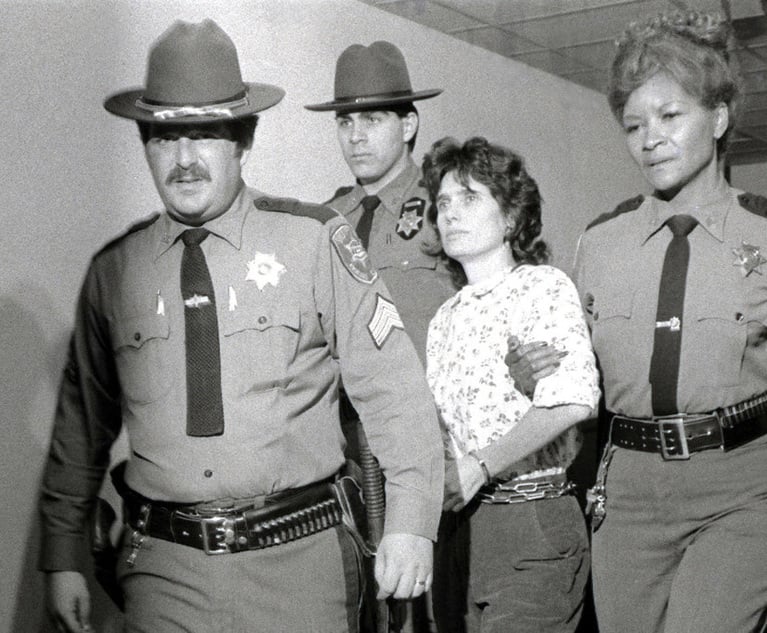At its mid-year meeting in February, the American Bar Association adopted Resolution 114, an important right-to-counsel measure intended to ensure that counsel will be provided as a matter of right to low-income persons in all proceedings that may result in a loss of physical liberty. The resolution was adopted basically unopposed. The ABA addressed a perceived gap in its existing policy on the right to counsel in civil cases. In 2006, the ABA adopted Resolution 112A calling upon federal and state governments to provide counsel for low-income individuals at public expense when basic human needs are at stake. The resolution suggested five areas of need—shelter, sustenance, safety, health and child custody—but recommended that each jurisdiction determine the basic human needs requiring counsel.
At that time, proponents of Resolution 112A assumed that there was no need to include physical liberty on the list because the prevailing thought was that a right to counsel already existed when physical liberty (incarceration, civil commitment) was at stake following the U.S. Supreme Court’s decision in Lassiter v. Department of Social Services of Durham County, 425 U.S. 18 (1981). In that case, the court stated, “the preeminent generalization that emerges from the court’s precedents on an indigent’s right to appointed counsel is that such a right has been recognized to exist only where the litigant may lose his physical liberty if he loses the litigation.”


 Albert S. Dandridge III of Schnader Harrison Segal & Lewis.
Albert S. Dandridge III of Schnader Harrison Segal & Lewis.




